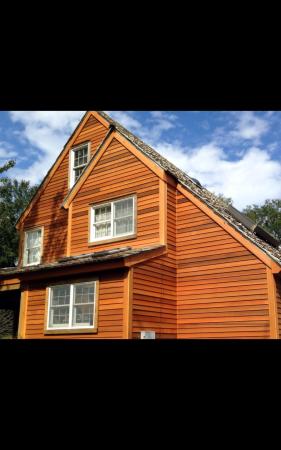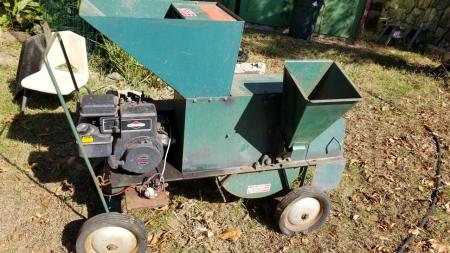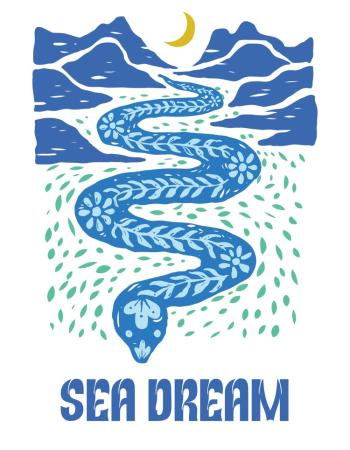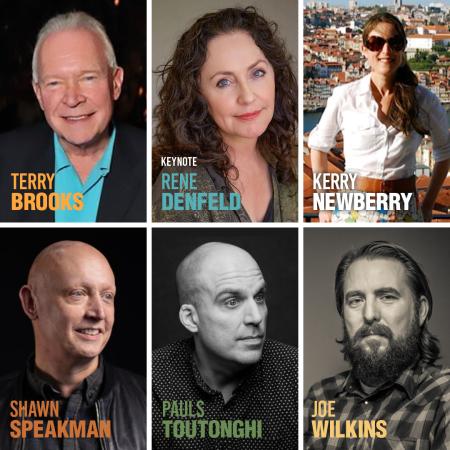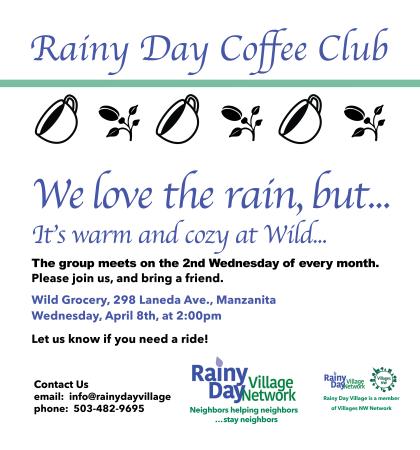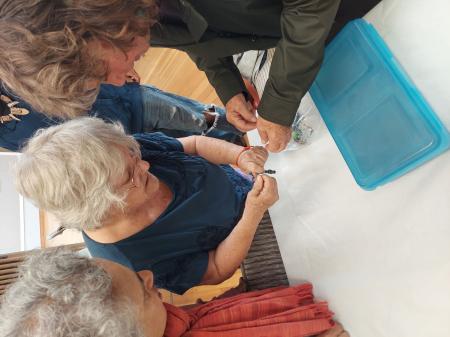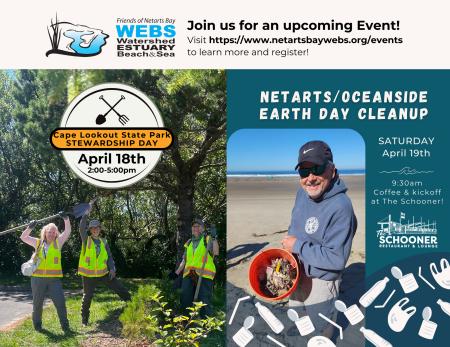1.NEDONNA BEACH-PROTECTING WETLANDS AND DRINKING WATER IN NEDONNA BEACH
Neighbors and community members are actively working to protect the remaining freshwater, forested, and shrub wetlands in the Nedonna Beach neighborhood. The City of Rockaway Beach recently approved a new 28-house development in an area of Nedonna Beach that is designated as “wetlands” by both federal and county agencies.
The entire Nedonna Beach neighborhood, which consists of approximately 360 homes, is also designated by the Oregon Department of Environmental Quality (DEQ) as a “drinking water source area for groundwater wells.” These wells serve as a backup water supply for the city when Jetty Creek, the primary drinking water source, becomes too muddy or experiences low stream flow.
There are several compelling reasons why this new housing development is problematic, including increased risks of flooding, single egress for the entire neighborhood, wildfires and saltwater intrusion into the drinking water supply. Moreover, while the new development will be connected to the city sewer system, about 75 percent of the existing homes in Nedonna Beach are outside the city limits and rely on septic systems, many of which are in poor condition.
The Oregon Shores Conservation Council, represented by the Crag Law Center, filed an appeal against the City’s approval of the subdivision, but the City denied the appeal. The case is now being reviewed by the Land Use Board of Appeals (LUBA).
Join us for a conversation on how we can work together to protect this special place! We’d love to hear your thoughts on what actions should be taken and how you might be able to contribute.
2.NEHALEM WATERSHED-NEHALEM MUST STOP LOGGING IN ITS DRINKING WATERSHED
The Nehalem watershed was clear-cut by a logging company and then transferred to the city, possibly in the 1940s. In the 1980s, seeking new sources of income, the city began the practice of logging the watershed in stages, with the aim of generating revenue over time. Now, nearly 40 years later, only the steepest slopes remain untouched, with the majority of the area having been logged.This year marks the end of the city’s 25-year contract with a timber management firm. A speaker will address the ongoing issues, present the goals of a local conservation group, and explore alternative options the city could pursue. Additionally, the speaker will discuss how the community can get involved in protecting the watershed’s future.
NCCWP wants no more logging and pesticide use in community water sources across all land ownership, and wants an end to pesticide applications near where people live, work and recreate. Safe drinking water and clean air are part of the public trust that we all are entitled to have. Please help North Coast Communities for Watershed Protection safeguard and restore our drinking watersheds. www.healthywatershed.org | www.facebook.com/NCCWATERSHEDPROTECTION Contact: rockawaycitizen.water@gmail.com






